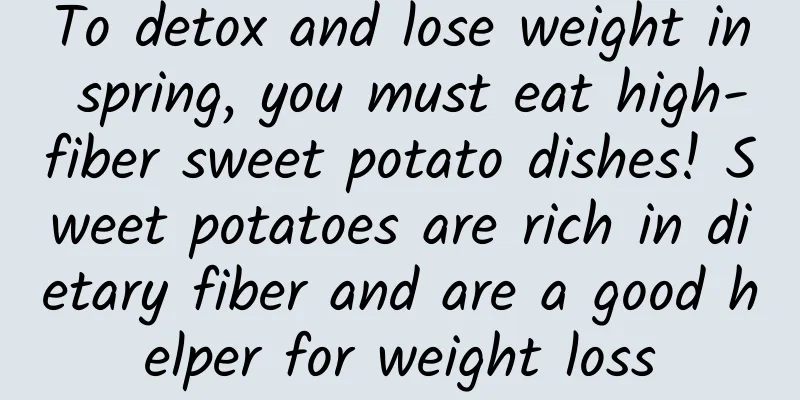Can patients with adenomyosis be anemic?

|
Because women have menstruation, the probability of anemia in women is much higher than that in men. I believe many people want to know, then, can patients with adenomyosis be anemic? Patients with adenomyosis not only suffer from severe dysmenorrhea, but are also more likely to suffer from anemia. Patients with adenomyosis should eat less of the following foods: 1. Don’t be greedy for cold food: Women with poor gastrointestinal function should avoid eating raw, cold foods before and during menstruation, such as cold drinks, raw cold dishes, crabs, snails, clam meat, leeches, pears, persimmons, watermelons, bananas, bitter melon, mangosteen, mung beans, cucumbers, water chestnuts, grapefruits, oranges, etc., so as to avoid cold stagnation and blood stasis which may aggravate dysmenorrhea. 2. Avoid eating sour foods: Acidic foods have astringent and astringent effects, which make the blood stagnant and not conducive to the smooth flow and discharge of menstrual blood. Therefore, people with dysmenorrhea should try to avoid eating such foods during menstruation. Acidic foods include rice vinegar, hot and sour vegetables, kimchi, pomegranates, green plums, bayberries, strawberries, carambolas, cherries, sour dates, mangoes, apricots, plums, lemons, etc. 3. Don’t eat spicy food: Some patients with dysmenorrhea have heavy menstrual flow. Eating spicy, warm and irritating food will aggravate pelvic congestion and inflammation, or cause excessive contraction of uterine muscles, which will aggravate dysmenorrhea. Therefore, patients with dysmenorrhea should try to eat less or no spicy food such as chili pepper, pepper, garlic, onion, ginger, leek, chicken soup, durian and spicy condiments. 4. Do not eat foods that are hot, coagulant, or contain hormones, such as longan, red dates, donkey-hide gelatin, and royal jelly. It is not suitable to eat mutton, shrimp, crab, eel, salted fish, black fish, etc. Unnecessary gynecological examinations should be avoided during menstruation. When an examination is necessary, be careful not to squeeze the uterus too hard to prevent the endometrium from being squeezed into the fallopian tubes and causing endometrial implantation in the abdominal cavity. |
<<: Why do I have my period twice a month?
>>: Can endometriosis be detected by B-ultrasound?
Recommend
What is the cause of cervical warts
What causes cervical warts? Cervical warts are ve...
The efficacy and function of Pueraria lobata flavonoids can only achieve the best effect of improving the body if used correctly
Pueraria root is a Chinese medicinal material tha...
What is pelvic inflammatory disease?
Pelvic inflammatory disease is a general term for...
Pregnant women should pay attention to the prevention and treatment of cervicitis
After a woman becomes pregnant, her body's ab...
What medicine is effective for pelvic effusion?
Pelvic effusion is one of the common gynecologica...
Obesity has a cause! Polycystic Ovary Syndrome Warning Signs
Obesity is never a good thing! A 15-year-old fema...
Adnexal mass, pelvic effusion, lying down
Whether adnexal masses and pelvic effusion requir...
Precautions for the prevention of adnexitis in women
How to prevent adnexitis? In the early stage of a...
What is the cause of bleeding after miscarriage?
Abortion is mainly divided into medical abortion ...
What are the dietary taboos for uterine fibroids? Can uterine fibroids eat spicy food?
Since uterine fibroids are mainly formed by the p...
Women should pay attention to some dietary habits during menstruation, be careful of dysmenorrhea!
What are the dietary precautions for women during...
6 rules that Song Hye Kyo uses to maintain her devilish figure! Eat this food to quickly lose 17 kg
Since her debut in 1996, Song Hye Kyo has success...
What can I eat to get rid of uterine fibroids? What can I eat to get rid of uterine fibroids?
Uterine fibroids are common benign tumors in gyne...
What do you know about the symptoms of uterine fibroids?
What do you know about the common symptoms of ute...
What causes menstruation to come one week early?
What causes menstruation to come one week early? ...









